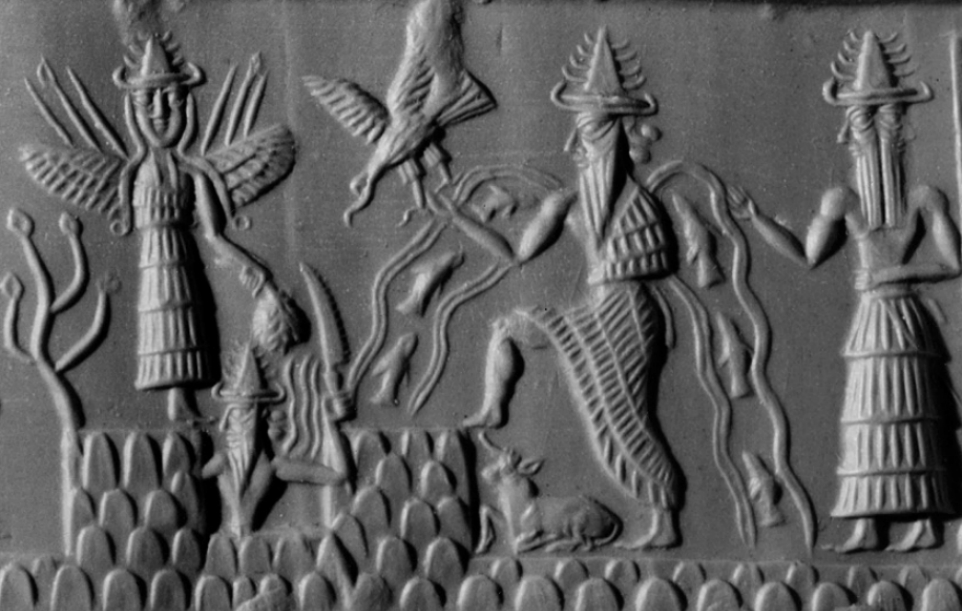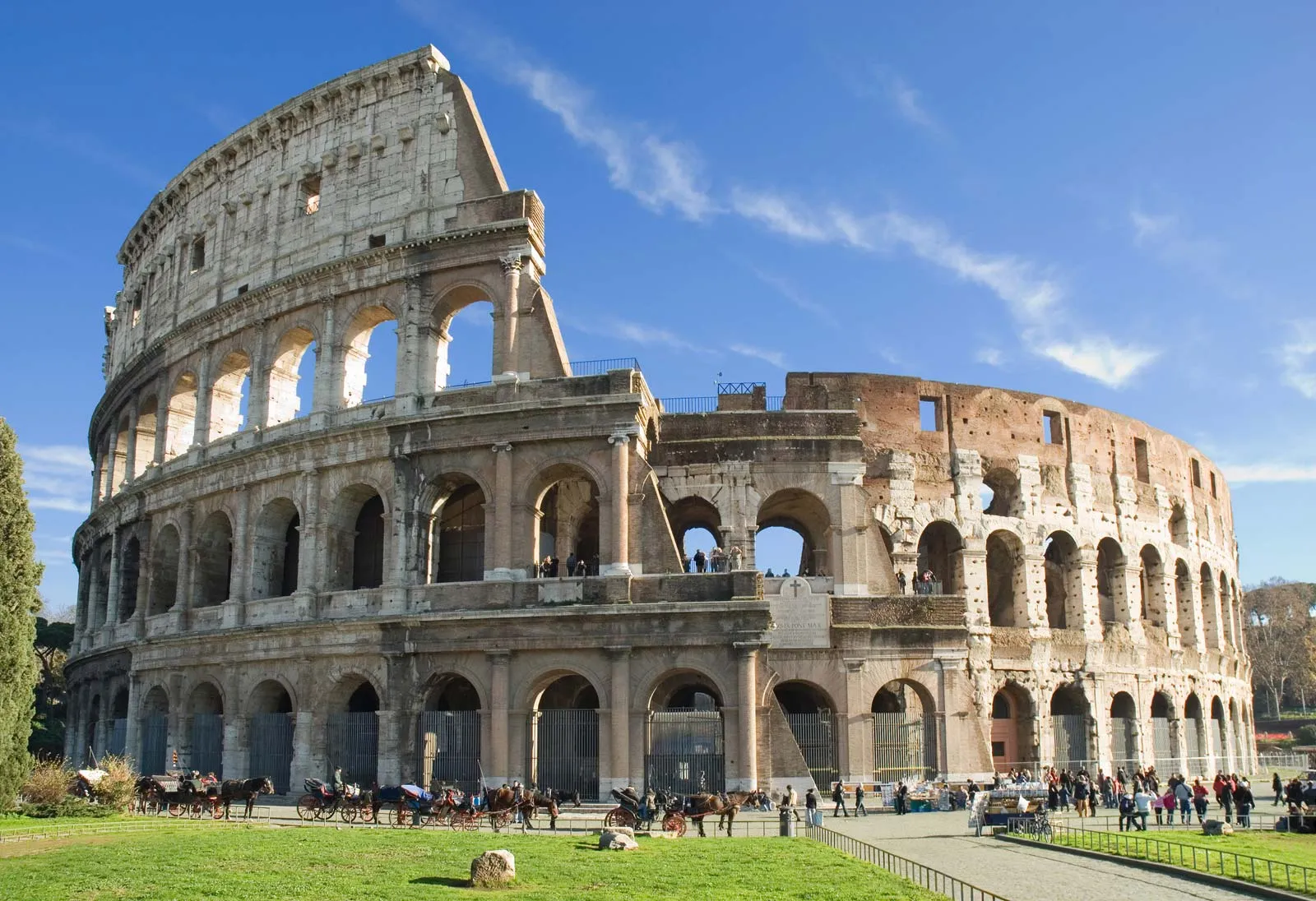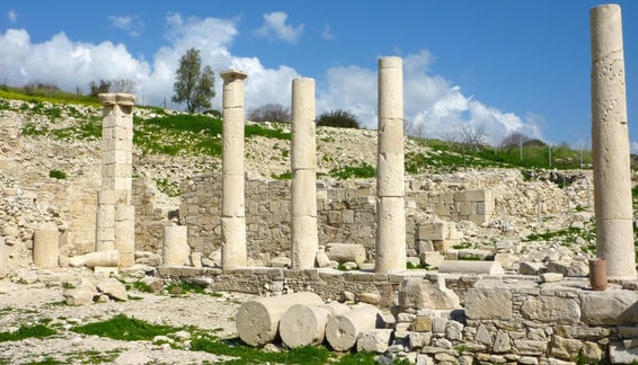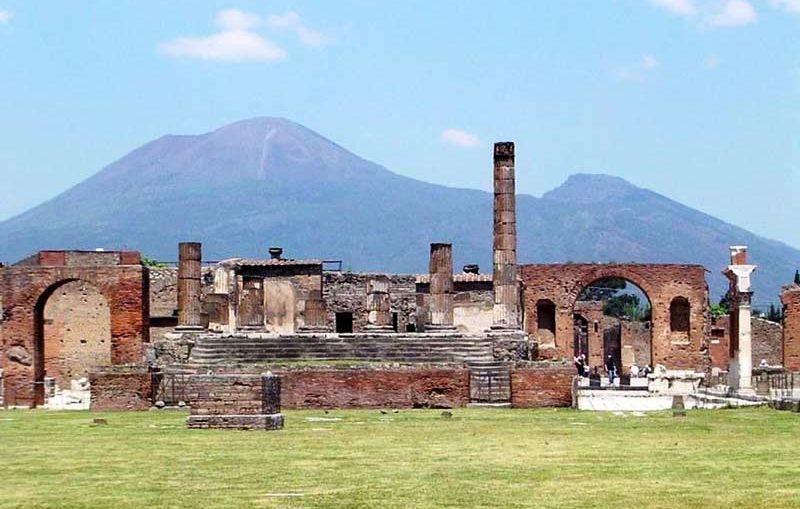The Sumerians are widely considered to be among the first true civilisations of the ancient world. They erected large cities, maintained agriculture, had a complex writing system, and a rich pantheon of deities that they worshipped.
They survived as a culture for thousands of years before being assimilated by the Akkadians, but many of their beliefs would go on to influence other religions, even those of today.
Here we will explore some of the more prominent deities and beliefs of the ancient Sumerians and what each one represented to them those many thousands of years ago.
An
Sometimes also known as Anu, An was seen to be the god of the heavens and the sky. The Sumerians believed that he was the father of all of the other gods, and that he had a vital part to place in the creation of reality. When the heavens became separate from the earth and transformed into the universe, it was An that took control of it all. He was married to Ki, an earth goddess that also gave him a number of different sons and daughters. Although An held high regard among the Sumerians, he was not well understood, and remained a fairly obscure deity to the people.
Enki
While the area where the Sumerians once inhabited is not much more than a barren desert, the records show that it was once lush, with plenty of water available. Enki was believed to be the god of water and was one of the deities responsible for creation.
He was also commonly associated with wisdom, male fertility, and freshwater springs, and was usually represented as streams of flowing water as well as fish.
He was so important to the Sumerians that they erected temples to his honour in some of their cities, which would be centred in the middle of the city itself, far different to modern cities, where most of the centre is a business district to accommodate growing companies like tech start-ups and bingo Australia halls.
Enlil
The Sumerians revered Enlil, and he was considered one of the most important deities in their pantheon. He was married to Ninlil and was a child of Enlil along with Inanna and many more. Enlil was also thought to have had Nanna brighten up the night sky as the moon, giving light to the night, followed by Utu, who was the sun god.
He was worshipped as a supreme lord and creator and had the task of dividing up the land between kings.
Inanna
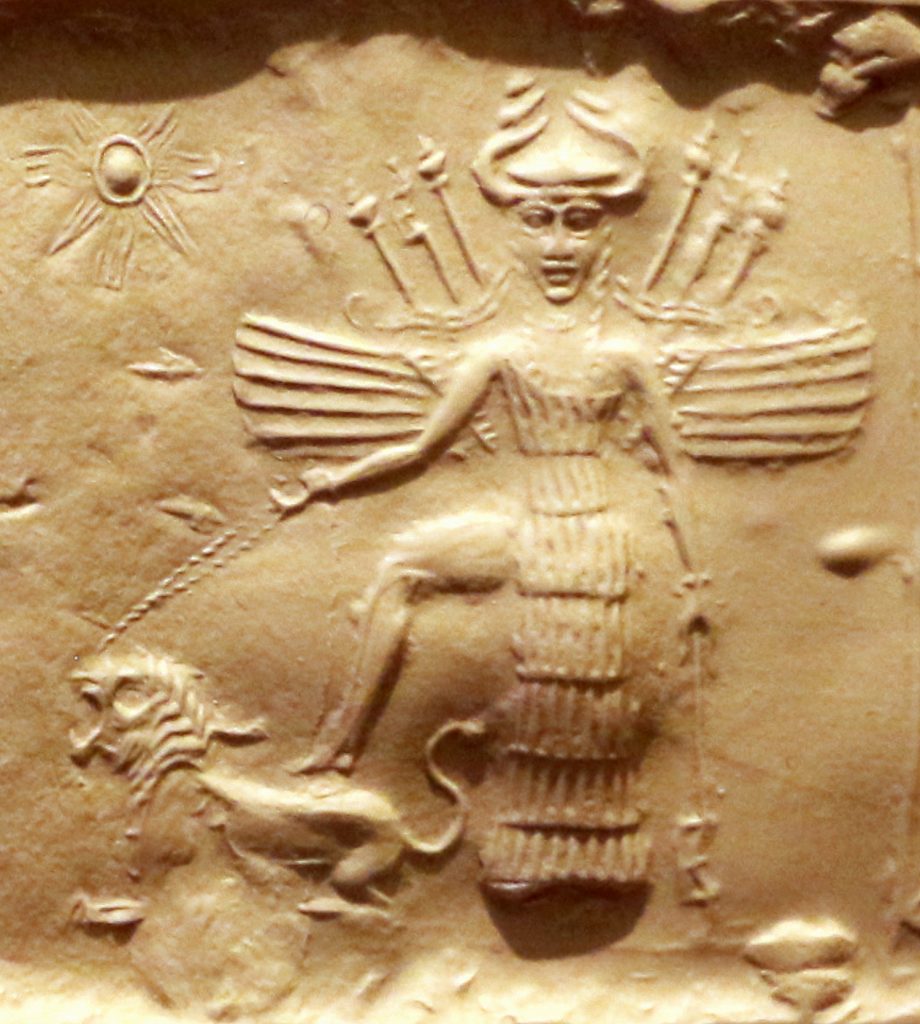
Unlike many religions today, who often have a central male figure, the ancient Sumerians and the Akkadians put much of their worship into female deities, such as Inanna. Inanna was the ancient goddess of love, war, as well as female fertility, and was the goddess responsible for sexual love and childbearing.
She was the daughter of Enlil, as well as the sister of Utu, and had a sister that was the ruler of the underworld. There are countless poems that are devoted to Inanna and her loyalty to Dumuzi, and was a patron of the city of Uruk, one of the most prominent cities of the time.
